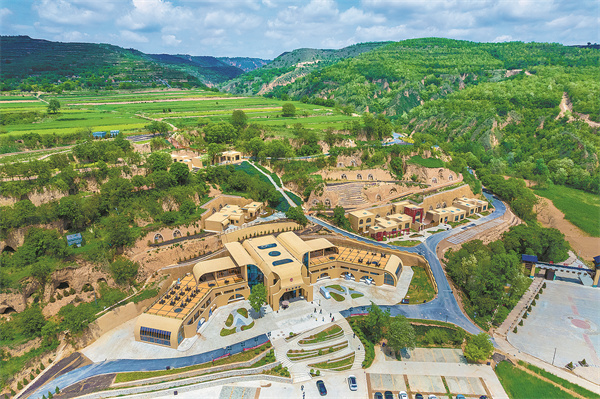Gansu beckons as destination of beauty and progress


Since the beginning of this year, the tourism group has seen an evident recovery in its livestream sales, cultural products trade and hotel operations.
Next, the group will start strengthening the cultivation of cultural industries, vitalizing rural areas, promoting common prosperity, and building ecological awareness, according to Shi.
"We will continue to amplify the comprehensive effects of culture and tourism, showcasing the responsibility of State-owned enterprises in expanding domestic demand and promoting consumption," he says.
The group will keep close tabs on market demand to continuously upgrade industrial arrangement and product supply, while accelerating construction of major tourism projects, including natural scenic spots and leisure resorts.
Moreover, measures will be taken to deal with existing challenges, ranging from a lack of new products that cater to rising consumption demands for urban and rural leisure, to the limited capacity for dealing with surging tourist numbers.
Given the long process of planning, building and running large-scale culture and tourism projects, as well as new product research and development, Shi hopes the government can provide more financing, credit support, and special tax policies to help culture and tourism enterprises recover and accelerate development.
"At the same time, we also hope that more private sector bodies can participate in the development of the cultural and tourism industries, so as to fully mobilize the strength of all parties, stimulate market vitality, and achieve stable and efficient development of the culture and tourism industry," Shi says.
Shi believes the culture and tourism industry is a barometer of the post-pandemic market.
This year's Spring Festival holiday saw 308 million domestic trips made, accounting for 88.6 percent of the same period in 2019, according to the China Tourism Academy.

































